Guest post by Ed Coughlan.
According to the Security Assistance Monitor (SAM) dataset, US assistance to foreign military, police, and other security forces has jumped from $5 billion in 2000 to $15 billion in 2015. It is often argued that it is in the US government’s interest to support its allies around the world given the global nature of today’s threats: terrorist groups such as ISIS are just as likely to strike in Europe as in the Middle East.
Indeed, President Obama made this very argument in April 2013 in Presidential Policy Directive 23 (PPD-23). In this document, he pledged that the US government would “help allies and partner nations build their own security capacity” in order to “address security challenges in their countries and regions, whether it is fighting alongside our forces, countering terrorist and international criminal networks…or building institutions capable of maintaining security, law, [sic] and order, and applying justice.”
This is a plausible argument. In the aftermath of World War II, for example, the United States provided $13 billion – $120 billion in today’s dollars – to Western Europe under the Marshall Plan between 1948 and 1951. This plan is often credited with helping the war-weary countries of Europe regain their footing, resist the spread of communism, and reinvent themselves in less than a generation as one of the world’s leading economic and political blocs.
However, it’s far from clear that the recent surge in assistance to foreign military, police, and other security forces since 9/11 has had a similarly benign effect on the security of US allies. In fact, the opposite seems to be the case. As a spate of recent academic studies have shown, US military assistance is positively related to a host of adverse consequences, from civil conflicts and coups d’état to acts of terrorism against America citizens. Unfortunately, these studies have garnered very little attention outside the halls of academia to date.
In one study, for example, scholars found a positive relationship between US military assistance and the intensification of violence in Colombia. More specifically, they found that such assistance contributed to government-sponsored violence in those areas of the country in which the national army maintained a military base. In concrete terms, they found that over the years 1988 to 2005, military aid translated into an increase of 110% in government attacks and 138% in paramilitary attacks in base areas. In a second study, scholars found that American military training of foreign officers almost doubled the chance of a military-backed coup attempt.
Similarly, a third study found a positive relationship between US military assistance, local levels of repression, and anti-American terrorism. The authors found that a country with substantial human rights violations is roughly 10 times more likely to generate anti-American terrorism than a country that does not repress its citizens. However, the association between repression and terrorism breaks down for high levels of military assistance.
Another study reported that strengthening military capacity tends to provoke, rather than subdue, terrorist attacks because terrorism remains one of the few options left to dissidents fighting against technologically-sophisticated militaries. This suggests that the US government’s efforts, as set out in PPD-23, to “help allies and partner nations build their own security capacity” may be encouraging the very thing they are designed to prevent – namely, terrorism.
In sum, contrary to rhetorical claims about the effectiveness of US military aid in reducing terrorist attacks, a growing body of evidence finds that such assistance has a detrimental impact on the security of both America and its allies. Given the threefold increase in US assistance to foreign military, police, and other security forces since 9/11 – as illustrated above – this should cause no small concern to foreign-policy makers going forward. In light of these findings, the US government should rethink its current approach to foreign assistance and target those sectors of the state – such as education and health – which studies show are conducive to the diminution, rather than the intensification, of terrorism.
Ed Coughlan holds a PhD in Political Science from Trinity College, Dublin and is Research Associate at the Open Society Foundation.

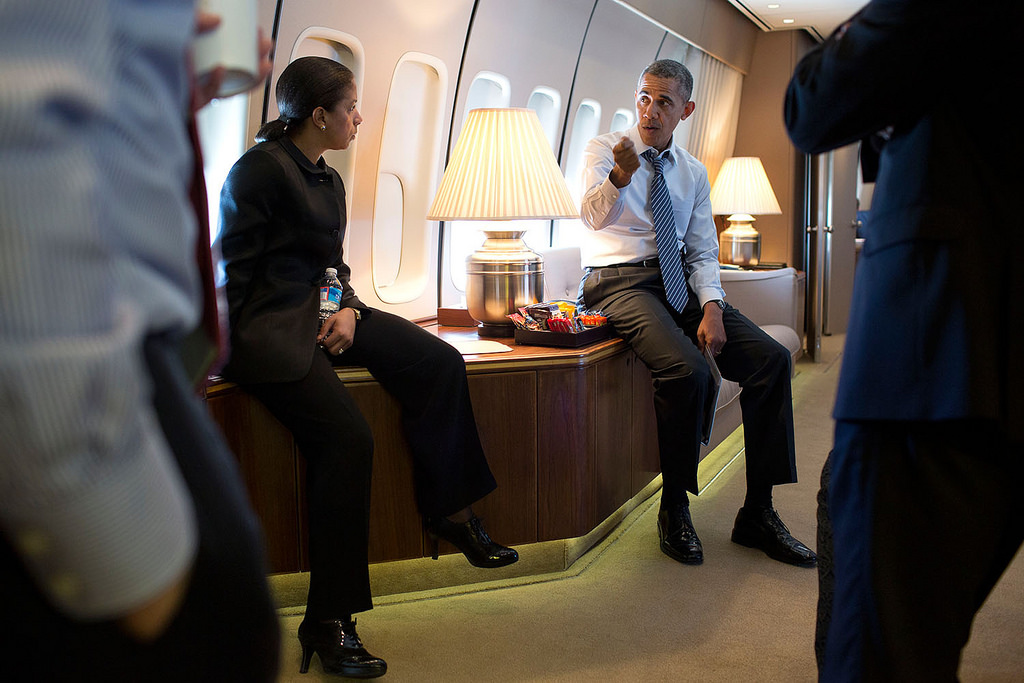

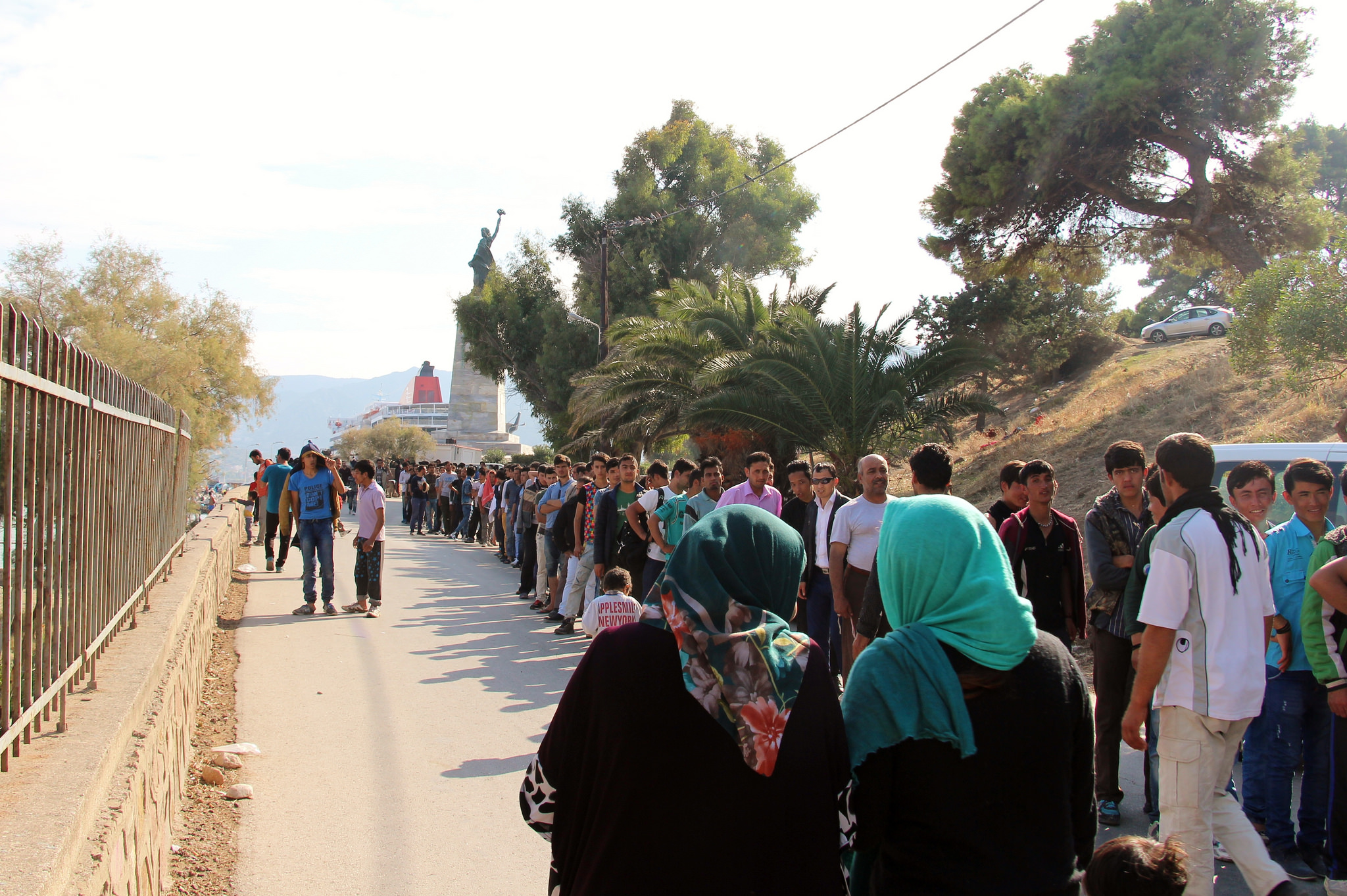

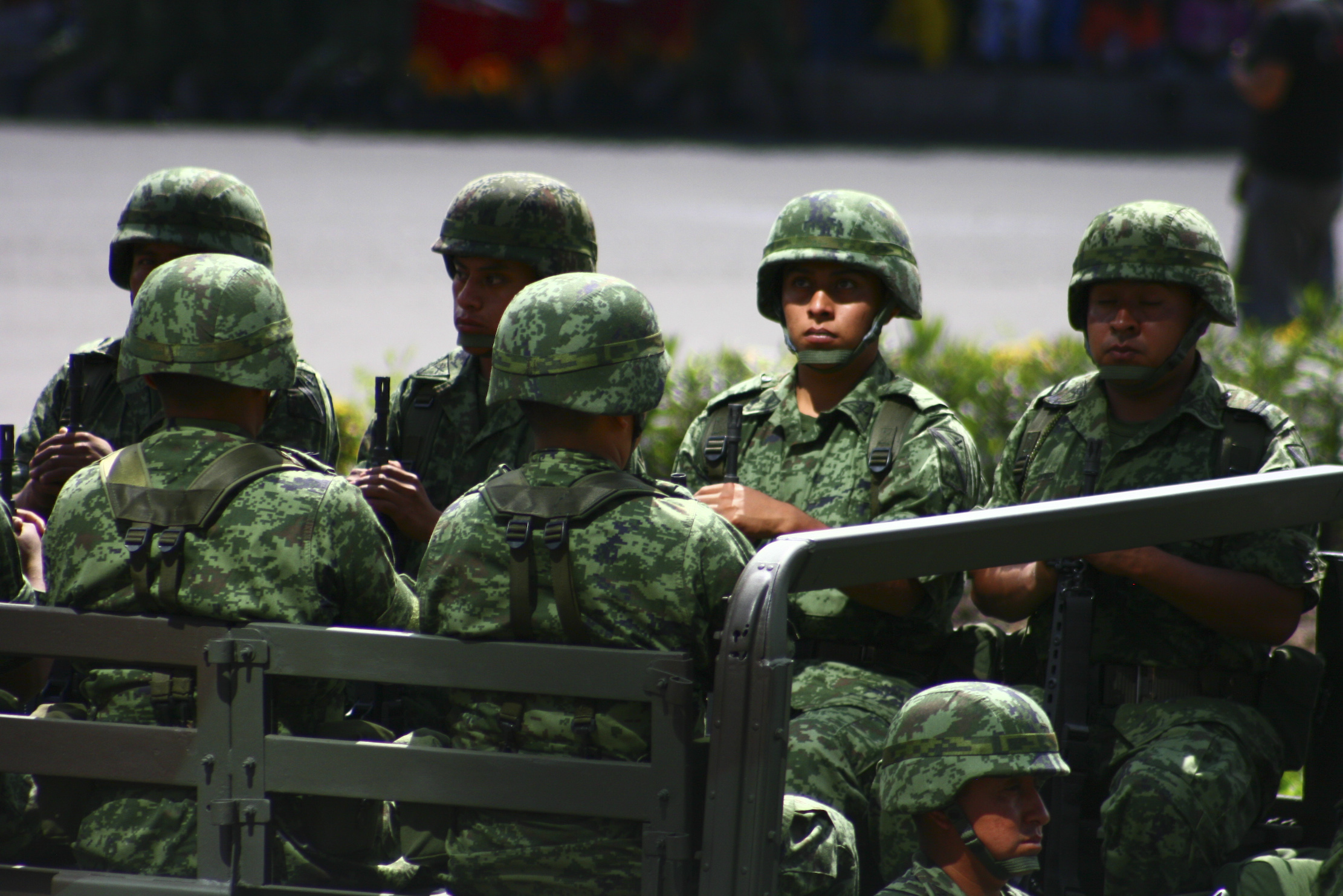
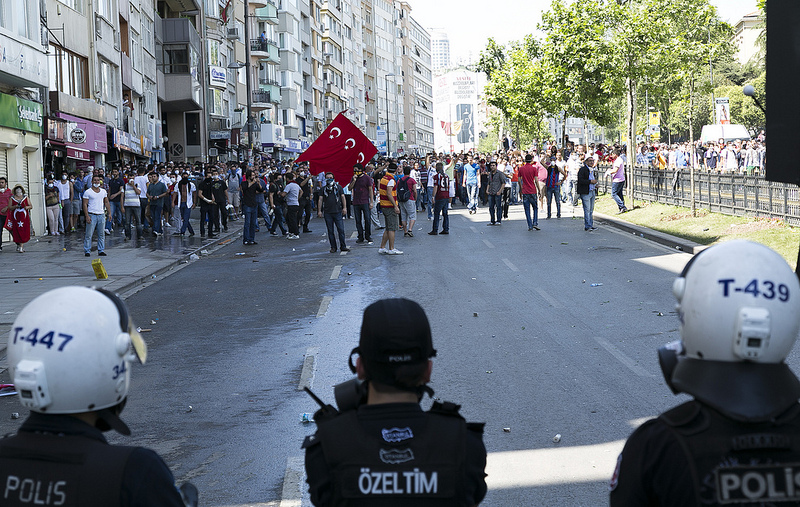

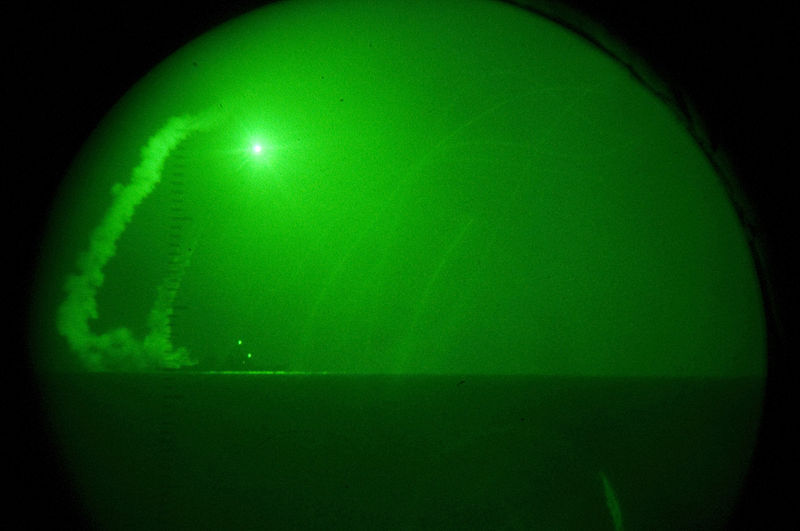
3 comments
Very interesting! I guess it remains a tricky issue because you have to make big assumptions about how situations would have evolved without US military assistance and there are lots of other factors that can potentially play a role too. The simple fact that military assistance is positively related to all the described adverse consequences doesn’t mean it causes them (especially since such assistance is typically directed at troubled countries). Having said that, I certainly take the point that military assistance is everything but a silver bullet for peace and progress…
Alas, you’re being rational, and reason has no place in policy.